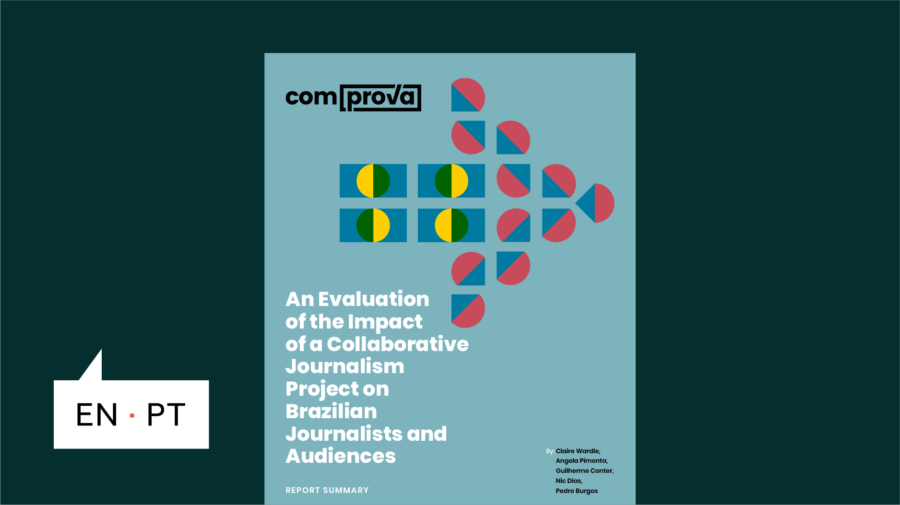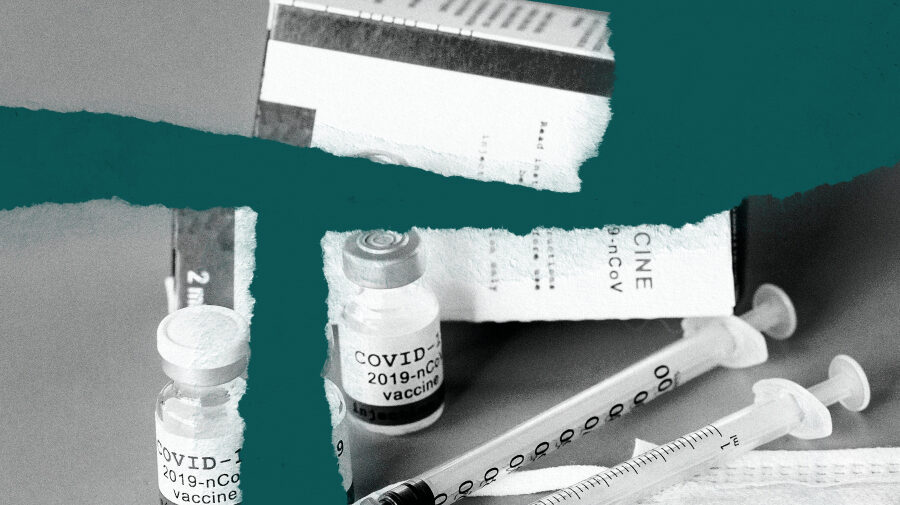Comprova was an ambitious, collaborative journalism project that focused on verifying or debunking questionable stories published on social media and within messaging apps during the 12 weeks leading up to the Brazilian 2018 presidential election. Facilitated and supported by First Draft, the project involved 24 of Brazil’s largest newsrooms and included 59 journalists and editors, aided by an additional three First Draft staff members.
The Comprova coalition produced 146 debunks that were published on a central website, but these reports also acted as a catalyst for additional reporting by the individual newsrooms. In total, the partner newsrooms published or broadcast 1,750 stories connected to the original reporting by the Comprova coalition. The collective audience for this output was significant, and according to a representative survey, Comprova content reached 1 in 4 Brazilian internet users ahead of the election. Part of this reach was a result of Facebook and Twitter ads, and the research also underlines the importance of this type of targeted advertising to reach audiences who don’t normally interact with the news media.
The evaluation was edited by Dr Claire Wardle and includes analysis carried out by four researchers: Pedro Burgos, professor at Insper and ICFJ Knight Fellow, Guilherme Conter of Federal University of Parana, Nic Dias of the Shorenstein Center at Harvard’s Kennedy School and Angela Pimenta of Projor.
Our audience survey, representative of the Brazilian population who use the internet, demonstrated that almost 25 percent of those surveyed had heard of Comprova
The research also found that Comprova’s reports changed readers’ beliefs, and that 40% of survey respondents agreed that Comprova helped them to decide their vote. More than 70% said they shared or discussed Comprova debunks in order to inform someone, with 80% of respondents saying they trusted Comprova’s reporting.
- Read the Comprova Summary Report (English) (PDF)
- Read the Comprova Summary Report (Portuguese) (PDF)
- Read the Comprova Full Report (English) (PDF)






